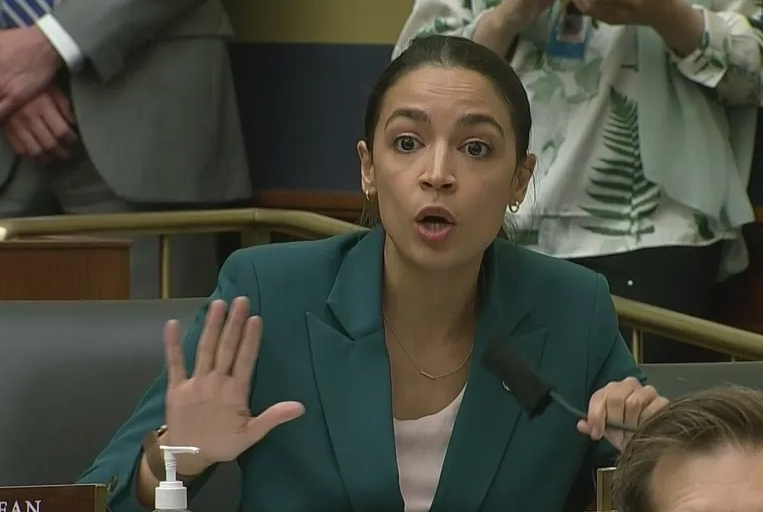Zachary Halaschak of the Washington Examiner highlights the damaging role of ESG standards.
ESG is a long-running movement in the corporate world that has recently encountered stronger Republican pushback. Here is what it is and how it affects the public.
ESG is short for environmental, social, and governance — a movement that centers on compelling social change through investment and divestment. It is a corporate model that doesn’t solely look at maximizing profit but also incorporates other elements into financial decisions — for instance, how an investment might affect fossil fuel emissions.
Activists, activist investors, and some major corporations have for years gained support for tying investment decisions to ESG considerations. The ESG movement is closely tied to the idea of transitioning away from shareholder capitalism in favor of “stakeholder capitalism,” which bucks the notion that the sole purpose of a corporation is to serve its shareholders and rather also focuses value on customers, employees, suppliers, and communities.
There are a growing number of titans in the finance world who have embraced the shift toward ESG. Those who support further integrating ESG into investment decisions and finance more generally see it as a way that the private sector can help mold the world into a better place. Some of its proponents are concerned about climate change or social inequality and see ESG as a way to use markets to help.
Still, other proponents of ESG see it as part of an investment strategy that can drive high profits. Companies have sprung up to meet the demand for more corporate ESG — for example, carbon offset providers and corporate climate advisers.
BlackRock CEO Larry Fink has emerged as one of the most prominent faces of the ESG push (and a public punching bag for opponents). For instance, in 2020, Fink’s much-anticipated annual letter focused on climate change, saying the matter was becoming a “defining factor” in BlackRock’s assessment of companies.


